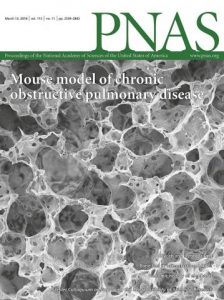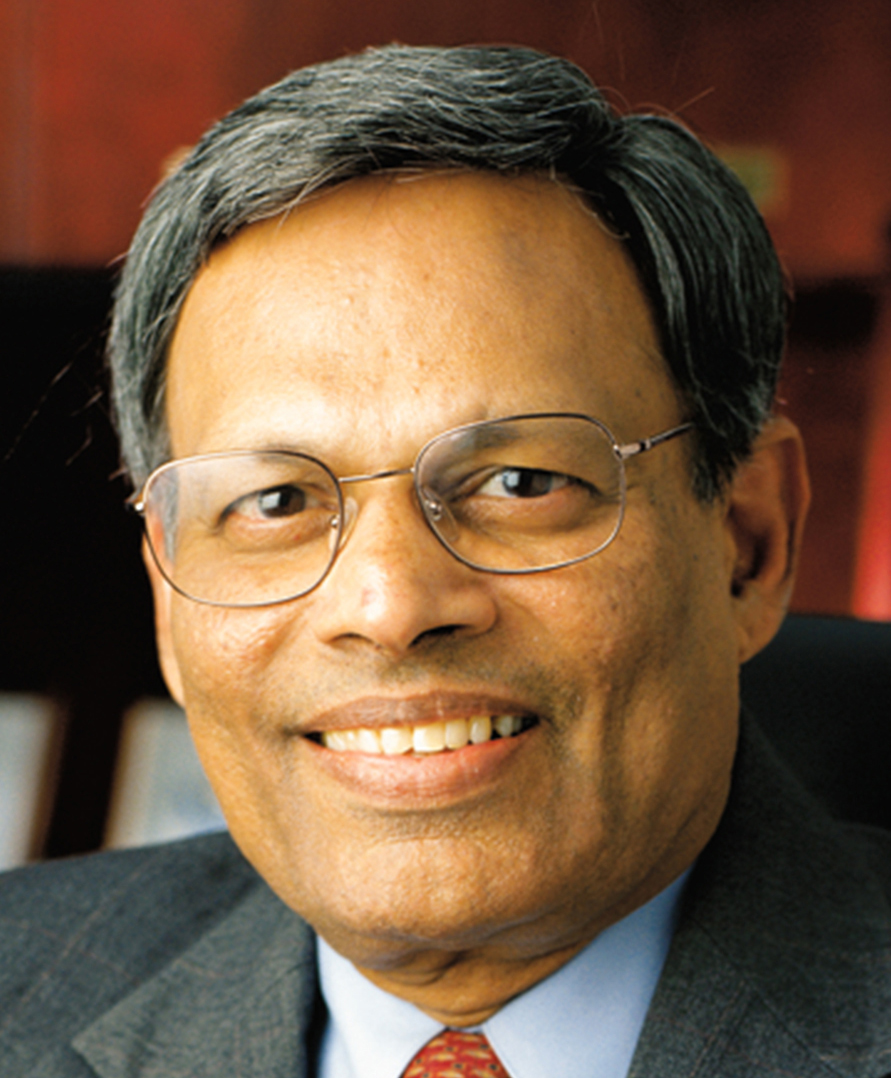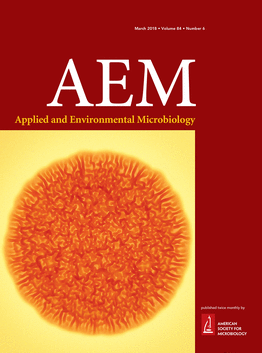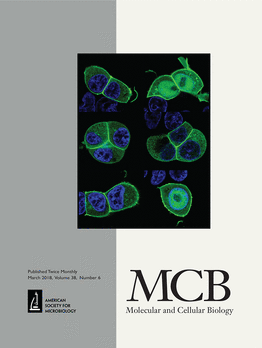 PNAS has corrected a highly cited paper after an investigation found evidence of misconduct.
PNAS has corrected a highly cited paper after an investigation found evidence of misconduct.
The investigation—conducted jointly by the University of California, San Francisco, and the San Francisco Veterans Administration Medical Center—uncovered image manipulation in Figure 2D, which “could only have occurred intentionally.” The institutions, however, could not definitively attribute the research misconduct to any individual.
According to the notice, the UCSF-VA committee determined that a correction to the 2008 PNAS paper—which explores the genetic underpinnings of prostate cancer—was “appropriate,” and the authors have now replaced the problematic figure with a corrected version. The 2008 paper has been cited 630 times, according to Clarivate Analytics’ Web of Science.
A spokesperson for PNAS told Retraction Watch: Continue reading UCSF-VA investigation finds misconduct in highly cited PNAS paper

 Title:
Title:  Errors in a 2017 paper about a new cancer test may have occurred because of a simple typo while performing calculations of the tool’s effectiveness.
Errors in a 2017 paper about a new cancer test may have occurred because of a simple typo while performing calculations of the tool’s effectiveness.
 For a host of reasons, a journal has retracted a paper co-authored by a researcher who reportedly once faced charges of practicing medicine without proper qualifications.
For a host of reasons, a journal has retracted a paper co-authored by a researcher who reportedly once faced charges of practicing medicine without proper qualifications.  A biology journal has retracted a 2011 paper after the
A biology journal has retracted a 2011 paper after the  A researcher who is
A researcher who is 
 When the
When the